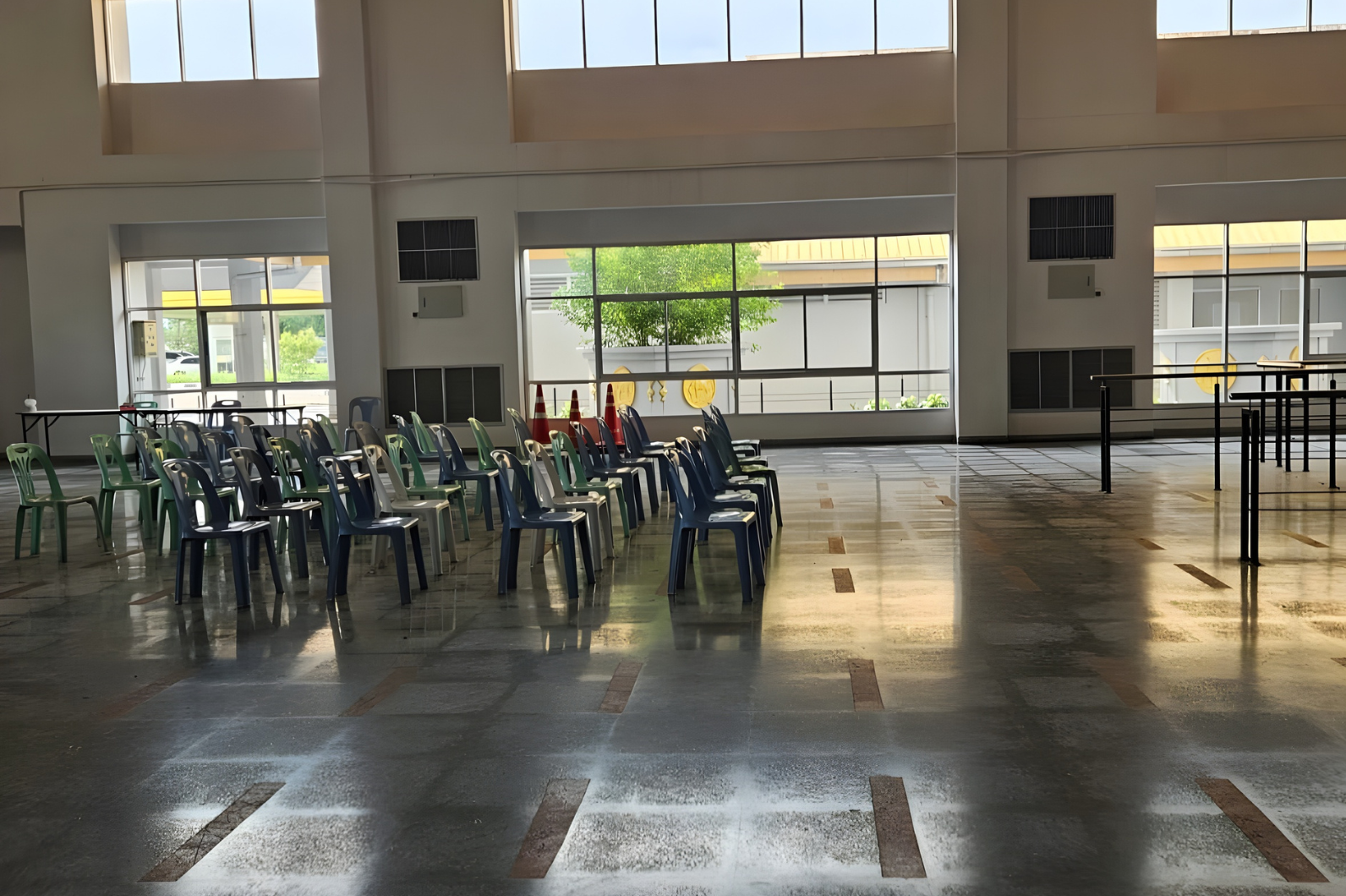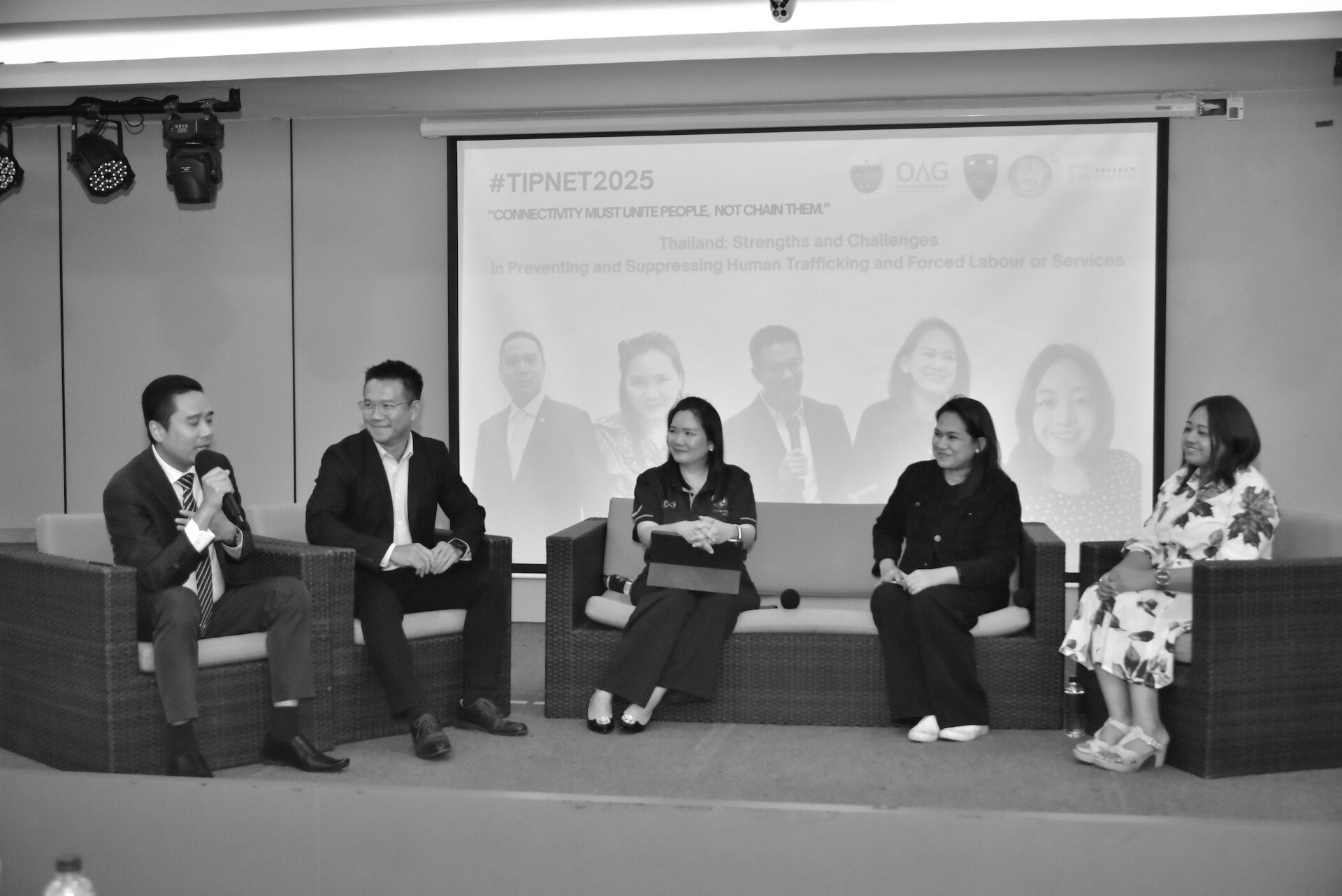With the crisis of trafficking for forced criminality into cyberscam centers in Southeast Asia rapidly worsening, the growing profitability of these operations continues to fuel an increased demand for labour, leading to a human trafficking crisis that reaches beyond Southeast Asia, involving victims from all over the world.
While traditional protection approaches, such as freeing victims from compounds, remain essential, they are insufficient in preventing the crisis from further escalating. Within international law enforcement, there have been increasing efforts to target the financial structures that sustain criminal networks. Many countries are establishing specialized Scam and Fraud-focused law enforcement units and, building on other successful PPP (Public-Private Partnership) models such as JMLIT, are now utilizing these partnerships to bring together law enforcement and financial institutions to address cyber-enabled and other emerging crimes. However, what is needed to trigger investigations and actions is timely, actionable financial intelligence, which remains difficult to obtain.
Discussions have called for cross-sector collaborations and information-sharing partnerships between civil society organizations – who are in direct contact with victims – and financial crime experts. However, in practice, establishing these partnerships, and putting mechanisms in place has proven challenging, as they require trust to be built and processes to be established that are not yet in place.
If trust is built, however, the potential for effective collaboration is significant. This has been recently demonstrated by a member of our Forced Criminality Response Working Group who monitors Chinese social media for instances of cybercrime.
In places where organized crime interests build infrastructure, boost local economies, and create opportunities, desperate people can become trapped in criminal operations that have a veneer of legitimacy – initially deceived, then threatened and even tortured into committing crimes. In Indonesia, for example, Muslim workers recruited and then trafficked into scam centers for jobs connected with online gambling – which, while generally discouraged in Islam, is sometimes accepted as a means of making a living – are often thought responsible for their situation because they chose a “morally questionable” job. This mirrors the stigma faced by those exploited in the commercial sex industry, where victims are frequently blamed for their exploitation due to societal and cultural biases. It is also consistent with reports from Freedom Collaborative’s civil society partners that, when survivors are interviewed by law enforcement, the first question often asked is, “What scam did you do?”, suggesting they are already perceived as criminals. This failure to recognize and protect victims or uphold the non-punishment principle can deter victims from coming forward or cooperating in investigations.
The member identified information on a victim in Singapore who had fallen prey to a scam, transferring money to cyber criminals. Armed with transaction details and identification documents of the victim, the member reached out to another group member based in Singapore to see if the transaction could be intercepted. Financial institutions are not able to stop payments without a police order – a process that typically takes 24 to 48 hours. However, the Singapore-based member worked with Singapore law enforcement officers from the Anti Scam Command, who acted swiftly. Within a short period of time, the Singapore Police were able to contact the scam victim and protect a significant portion of the funds. Although some money had already reached the fraudsters, this rapid intervention significantly reduced the impact of the scam. By 8am the next day, the Singapore law enforcement officers sent a message of appreciation, which highlights the importance of timely and coordinated responses.
Our Forced Criminality Response Working Group, established in August 2023 and supported by USAID Cambodia CTIP and Winrock International, brings together 63 professionals from 11 countries – Thailand, Cambodia, Laos, Myanmar, Vietnam, Philippines, United States, India, Singapore, Bangladesh, and Uganda. Many members represent civil society organizations involved in case management and service provision, while others are professionals engaged in responding to different aspects of forced criminality, such as on-the-ground responders, legal advocates, policymakers, and financial crime experts. The diversity within the group provides access to a wide range of expertise, which is essential for developing alternative strategies. A high level of trust has been built among members, aided by a vetting process, whereby an existing member must propose prospective members, and regular monthly meetings which provide a forum for sharing information and updates, allowing members to become familiar with each other and appreciate their respective roles and areas of expertise.
The case example highlights the importance of rapid intervention in crime mitigation. The fact that the fraud target’s funds were frozen in such a short space of time significantly reduced the impact of the scam, illustrating how swift and coordinated efforts can directly limit the profits of criminal networks involved in human trafficking. It is hoped that such positive outcomes will set a precedent for future collaboration, reinforcing members’ confidence in sharing sensitive information with each other. In turn, this could enhance the collective capability to support complementary response strategies to prevent human trafficking by targeting its financial underpinnings.



